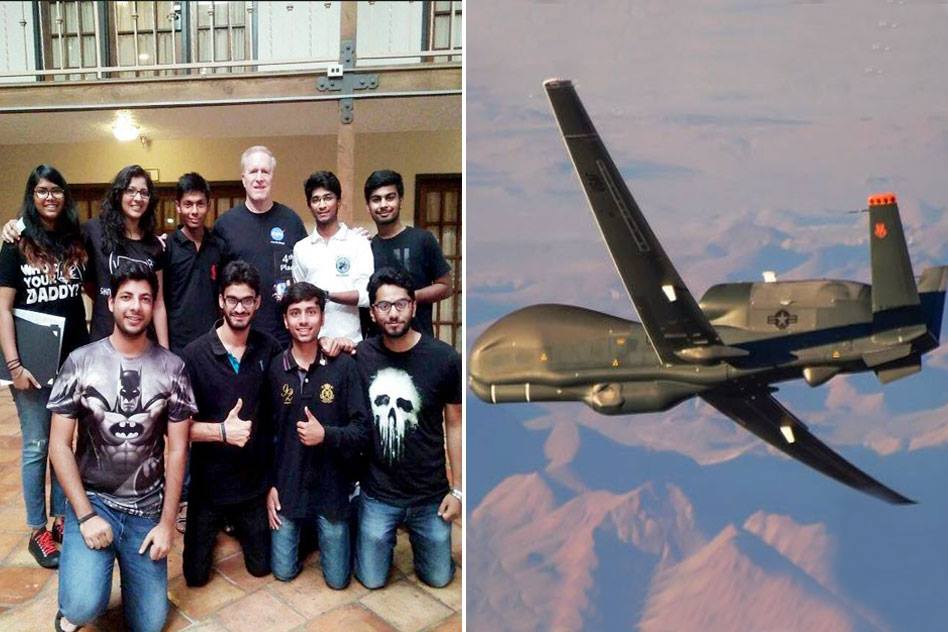
Indian Students Aced Global Aerospace Competition In Texas By Presenting An Exceptional CanSat System
28 Sep 2016 7:32 AM GMT
Indian Students Aced Global Aerospace Competition:
Team Astral, comprising of a bunch of students from University of Petroleum and Energy Studies in Uttrakhand, achieved the first position in Europe and Asia at the recent CanSat competition in Texas. They left behind teams from some of the best universities in the world. Indian students aced global aerospace competition held in Texas organised by American Astronautical Society and American Institute of Aeronautic. The global aerospace competition is a design-build-fly competition with space related themes.
This year, the competition was looking for stimulation of sensor payload travelling through a planetary atmosphere sampling the atmospheric composition during flight. Universities including University of California, Princeton University, Manchester University, University of Alabama-Huntsville and Carleton University were a part of this competition and contested against each other.
Team Astral comprised of students from Aerospace Engineering, Mechatronics Engineering, Electronics Engineering, Material Science Engineering, Computer Science Engineering and Design studies, perfectly explained the working of their CanSat system as per the specified guidelines. The organisers, the annual sponsors of the competition and the jury members were left amazed by the CanSat system of Team Astral which met the specified standards completely. Generally, CanSat System is usually composed of two primary components a glider and a re-entry container.
The jury of members from American Astronautical Society, American Institute of Aeronautics and Astronautics and NASA praised the efforts of students and applauded for their precision in delivering the model. The team was guided by Dr.Ugur Guven and Prof. Zozimus Labana from UPES in this project. The glider designed for the CatSat system was 3D printed by School of Design Studies at UPES and was done under the supervision of Dr.Soumyajit Ghoshal and Prof SV Savarkar’s supervision.
The Logical Indian family congratulates them for their startling triumph and wishes them victory for future endeavours.
 All section
All section













